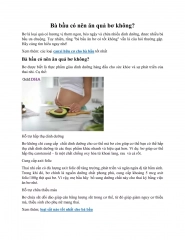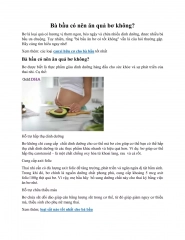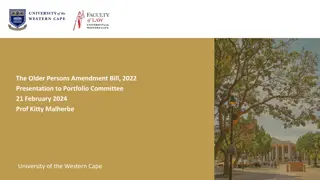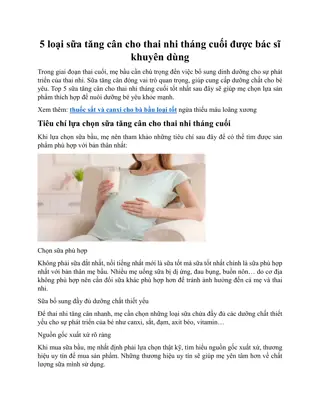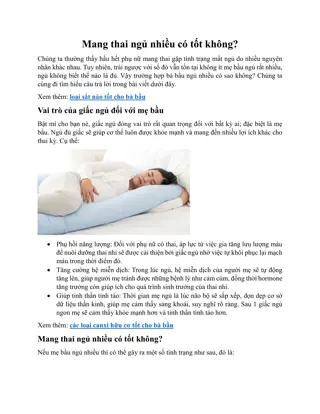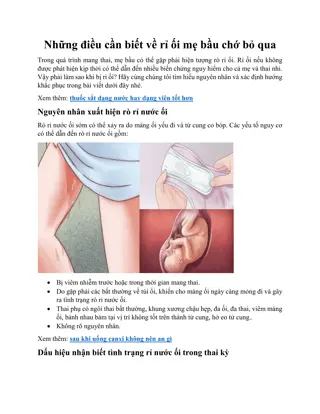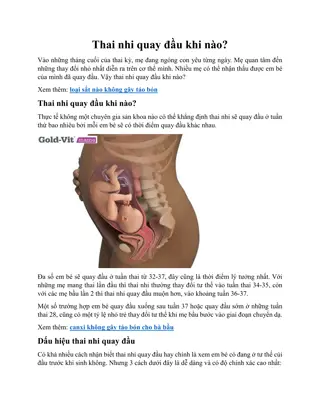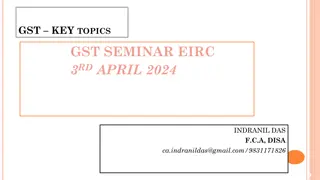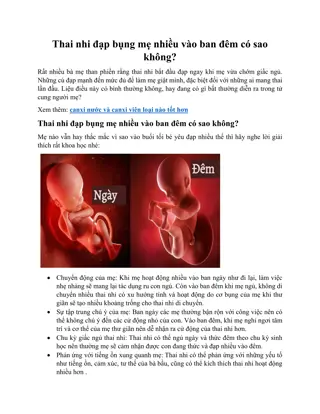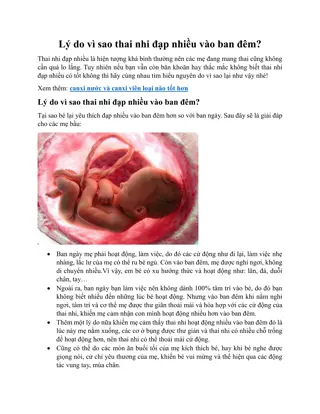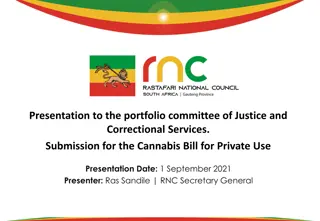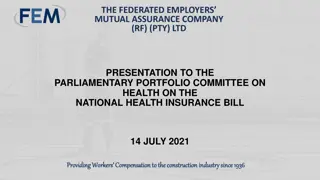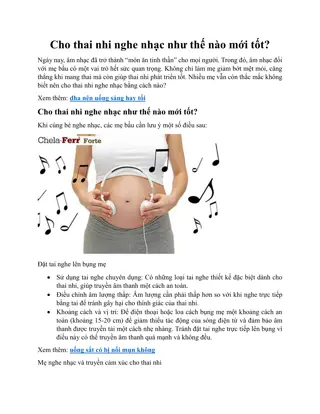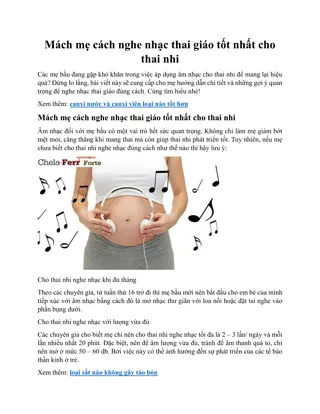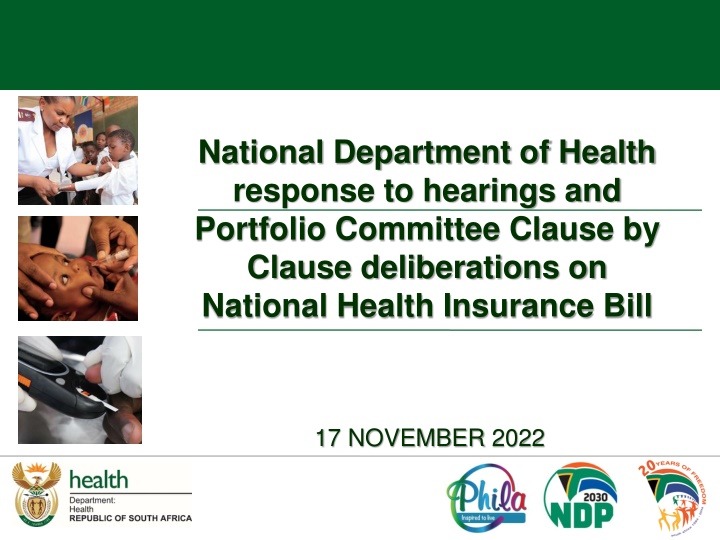
National Department of Health Response to National Health Insurance Bill Hearings and Deliberations
The National Department of Health acknowledges diverse stakeholder views on the National Health Insurance Bill, emphasizing ongoing engagement. Feedback includes calls for more detail in the Bill, recognition of various groups, and economic concerns. The importance of fixing public services is highlighted, with calls for increased staffing and budgets to address challenges like fraud and corruption.
Download Presentation

Please find below an Image/Link to download the presentation.
The content on the website is provided AS IS for your information and personal use only. It may not be sold, licensed, or shared on other websites without obtaining consent from the author. If you encounter any issues during the download, it is possible that the publisher has removed the file from their server.
You are allowed to download the files provided on this website for personal or commercial use, subject to the condition that they are used lawfully. All files are the property of their respective owners.
The content on the website is provided AS IS for your information and personal use only. It may not be sold, licensed, or shared on other websites without obtaining consent from the author.
E N D
Presentation Transcript
National Department of Health response to hearings and Portfolio Committee Clause by Clause deliberations on National Health Insurance Bill 17 NOVEMBER 2022
Introduction NDOH has listened carefully to the community consultations managed by the Portfolio Committee, the oral submissions and the clause-by-clause deliberations We thank the Hon Members and the many stakeholders for honest and robust debate and opinion We recognise some of the polarised views that have been expressed by the diverse stakeholders on NHI itself and on clauses of the Bill We also note the overwhelming support expressed by stakeholders during the hearings as well It is expected that stakeholders would speak from very different perspectives as South Africa is a diverse society Our general observation is that the intentions of the Bill and the complexities of how government works and how service are financed require ongoing engagement 2
Observations There were some calls for more detail in the Bill but South Africa s laws are generally enabling rather than prescriptive allows a more dynamic management of rapidly changing environment (as healthcare is) It is preferable to include detail in Regulations, Directions and Circulars Clauses to ensure transparency and consultation can be made more explicit Appeals were heard from some professional, patient and lobby groups to be explicitly recognised in the Bill All users and all providers are accommodated in the Bill and will be involved as much as is possible in developing Regulations, Directions and operating procedures We have noted comments and propose strengthening of Clauses related to consultation mechanisms and the composition of some of the Advisory Committees There were some views that the economy is too weak to support NHI NHI roll-out is a long journey so it must start as soon as possible Most countries that we consulted, embarked on NHI journey in bad times The Bill is clear on incremental and phased implementation 3
Observations There were some stakeholders that called for fixing the public services first It is not either/or there are indisputable challenges, including fraud and corruption, and poor management, but also duplication and waste We must be careful of generalising and breaking the morale of the many that toil daily to care for the poor Calls for increased staffing require increased budgets and that will mean more of the tax spend Improved infrastructure and equipment will require more budget NHI will enable sharing of resources with the private providers to take pressure off the overburdened public establishments It is because of the challenges that we need systemic change Some stakeholders were also concerned that too much power is vested in the Minister and called for Parliament to have direct role in establishing the Fund Constitution s92(3)(b) and 96(3) deals with accountability of the Executive Constitution s55(2) deals with National Assembly oversight role Schedule 3A is part of the PFMA and all entities must comply Department believes that Minister is ultimately accountable, but some clauses can be amended to reduce direct involvement in operational matters 4
Observations There were stakeholders who had objections to NHI purchasing healthcare services from private healthcare providers A key objective is to harness ALL available resources equitably The private providers have extensive resources that are not currently accessible to most people There were some calls for the cost to be spelt out and for a feasibility study The target is to spend no more that the current 8,5% of GDP and to reduce admin overheads (eg 15% in private finance administration whereas most NHIs are 3%) The NHI is about redirecting current spending, and it will use tax tools to do so MEMORANDUM ON THE OBJECTS OF THE NATIONAL HEALTH INSURANCE BILL, 2019 Page 57 Clause 8. FINANCIAL IMPLICATIONS FOR THE STATE Some Honourable Members raised concerns about the independence of Benefits Advisory Committee and Health Care Benefits Pricing Committee All funds need ways to define, cost and pay for benefits (services) There are many ways to do this, and we can learn from around the world The Committees are there to provide expert oversight of the technical work in the Fund Methods and actual assessed benefits (and their costs) must be transparent Ultimately these committees are there to advise the Minister who the country (through Parliament) holds accountable 5
Observations We heard some stakeholders and some Honourable Members supporting Universal health care but not articulating a clear understanding of Universal Health Coverage South Africa has NOT achieved Universal Health Coverage (defined by WHO) Many people in the middleclass and even wealthy people incur serious financial hardship to obtain health care despite belonging to a medical scheme Majority suffer hardship to travel to available healthcare Many wait or are denied care while it is available next door Some honourable Members and other stakeholders were concerned about erosion of the role and powers of provinces Concurrent legislative authority (Schedule 4 of Constitution) is not the same as functions assigned in a law Acts describe the functions and powers assigned or delegated to spheres Functions are frequently moved to improve cohesion and efficiency NHI will result in shifting of public funds to effect a purchaser/provider split but provinces will still be the providers of health services There were some concerns over the fate of Medical Schemes Medical Schemes are non-profit organisations but administrators are profit makers Over time, as the Fund covers more comprehensive benefits, there will be no need for Medical Schemes in their current configuration 6
Observations There concerns raised about accreditation of providers OHSC is responsible for standards compliance, not accreditation S37 has several steps to accreditation but nowhere does the Bill require immediate 100% compliance from any provider Regulations will detail the incremental and stepwise quality improvement requirements for accreditation, including compliance NHI is a reform journey and we must be inclusive while improving quality Corruption was rightfully raised as a concern by several stakeholders The Bill provides for many checks and balances The Fund is the purchaser and maximal transparency is essential Providers may still try to corrupt the system which is why there is provision for risk management and fraud and corruption intervention 7
Observations We have lost time during COVID-19 so the concerns about some issues in the Transitional Provisions are expected There is merit in setting timelines to ensure nobody drags feet but there is no harm in setting milestones too There will be a need to reset dates to accommodate the delays It will be useful to strengthen the provisions for transitional structures in the NDOH and for capacity building before the entity is established The Transitional Provisions refer to funding. The incremental management of funds commenced several years ago in NDOH through the normal budget process (such as the Conditional Grant mechanisms) but the main NHI Fund management can only begin once there is an Accounting Authority and administration in place Concerns about consequential amendments to other Acts are addressed (the main changes deal with fees payable through various routes) The Bill also provides for different dates of commencement of different clauses 8
CONCLUSION Universal Health Coverage is a non-negotiable for everyone in the country National Health Insurance is the chosen path to achieve UHC The statutory process is progressing well and will be drawing to the end soon The mechanics of NHI are being constructed in NDOH The impact of the reforms coming will be on the whole system Everyone in the health sector needs to be well informed and play their part Parliament and the Honourable Members of the Portfolio Committee are to be thanked and congratulated for robust engagement and concern The Department will take the Members through comments on the Clauses of the Bill 9
THANK YOU 10

